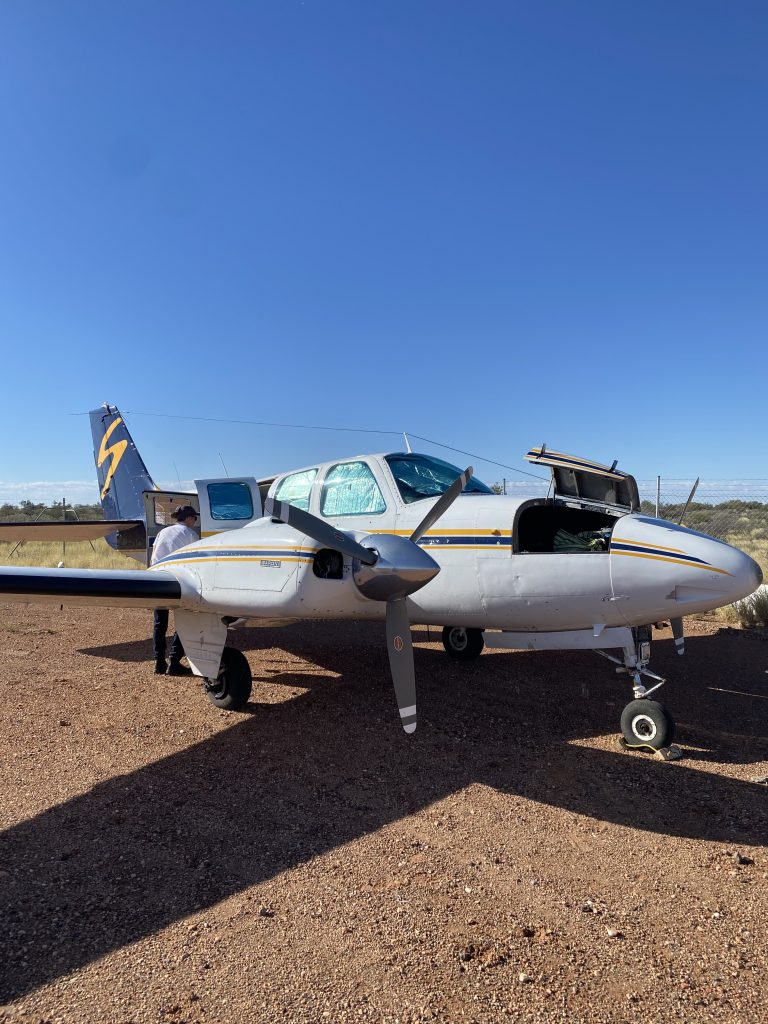WA Primary Health Alliance (WAPHA) has embedded a focus on Aboriginal people and Aboriginal health across our organisation to activate our commitment to closing the gap in health outcomes for Aboriginal people.
This includes our Aboriginal Cultural Competency and Capability Framework, to increase access to culturally competent and safe primary health care services, our Innovate RAP, and our Aboriginal Health Strategy.
Mel Robinson joined the Board of WAPHA 12 months ago and has been supporting our ongoing efforts to make a difference to the health experience of Aboriginal people in Western Australia. Mel’s extensive work over the years in cultural safety and ensuring patients feel safe and respected has provided great insight and helped shape the work we do.
As the Director Aboriginal Health at Child and Adolescent Health Service, Mel recently visited the Pilbara. She reflects on her visits, the challenges faced by remote communities, and the opportunities we have to support parents, carers and patients to feel welcome and safe when visiting health services both in Perth and closer to home.
Mel has connections to Gidja and Ngarinyin Country in the Kimberley (WA) and currently works in Perth (Whadjuk, Noongar Boodjar).
The importance of care closer to home: an Aboriginal perspective
Earlier this year, Dr Cara Sheppard from Puntukurnu Aboriginal Medical Service (PAMS) invited Mel to visit local remote communities as a part of the GP clinics she holds once a month. These communities are very isolated and in the wet season (November to March) they can sometimes be cut off by floods.
“The first community I visited, Jigalong, was the largest and two hours’ drive from Newman. We then travelled on a small plane to the other three communities over the next four days.
“These communities are managed by remote area nurses employed by PAMS, and they often run clinics in the community store, art centre or school if available. They are a long way from Perth, and during our visit it was traditional lore time, meaning we had to be respectful of an ancient cultural practice that happens every year. During this time many Aboriginal children and young  people may not be able to attend appointments due to cultural obligations.
people may not be able to attend appointments due to cultural obligations.
“My visit highlighted the challenges and fears many parents and carers have when accessing health services in Perth and the importance of care closer to home. The experience provided me with valuable feedback I was able to share with the clinical teams within CAHS and WA Country Health Service, such as creating a welcoming space in emergency departments and within hospitals themselves, and to educate staff about local and regional Aboriginal culture.
“We know we need to employ more Aboriginal staff, who can help create a welcoming and culturally safe environment and educate non-Aboriginal staff and provide supports including an Aboriginal liaison service and access to food during their stay.
“There is much we need to do to help parents, carers and patients feel more welcome and less afraid when they access health services.”
Late last year, CAHS was fortunate to have a visit from the Martu women from Newman in the East Pilbara of WA. The women came from across four remote communities and visited Perth Children’s Hospital to share their stories about remoteness and the challenges for parents.
“These challenges included language barriers, use of medical jargon by clinicians, and access to accommodation in Newman. They also expressed a fear of Perth and hospitals and the need for support when they visit Perth for medical appointments, such as access to a known contact person to provide that support.
“Many of these concerns can be addressed and one potential solution currently in progress is the Aboriginal volunteer program. While volunteers already exist at CAHS, we are developing a dedicated Aboriginal program to support Aboriginal families to navigate Perth Children’s Hospital and Perth when they visit.
“Support is also provided by the Aboriginal Liaison Service who do a wonderful job advocating for Aboriginal families and educating non-Aboriginal staff. Access to interpreters is critical for all families who speak other languages and WA has the Aboriginal Interpreting Service who offer a wonderful program of interpreters to support patients and families from across WA.”
I acknowledge the traditional owners of the Aboriginal and Torres Strait Islander lands, seas, and waters across Australia and pay my respects to their Elders past and present. I acknowledge the Aboriginal and Torres Strait Islander health professionals who continue to support all the families and communities and recognise the work that our non-Indigenous colleagues do to help deliver healthcare and culturally safe services. In this article I reference Aboriginal people as the first people of WA and no disrespect is intended to Torres Strait Islander people.
